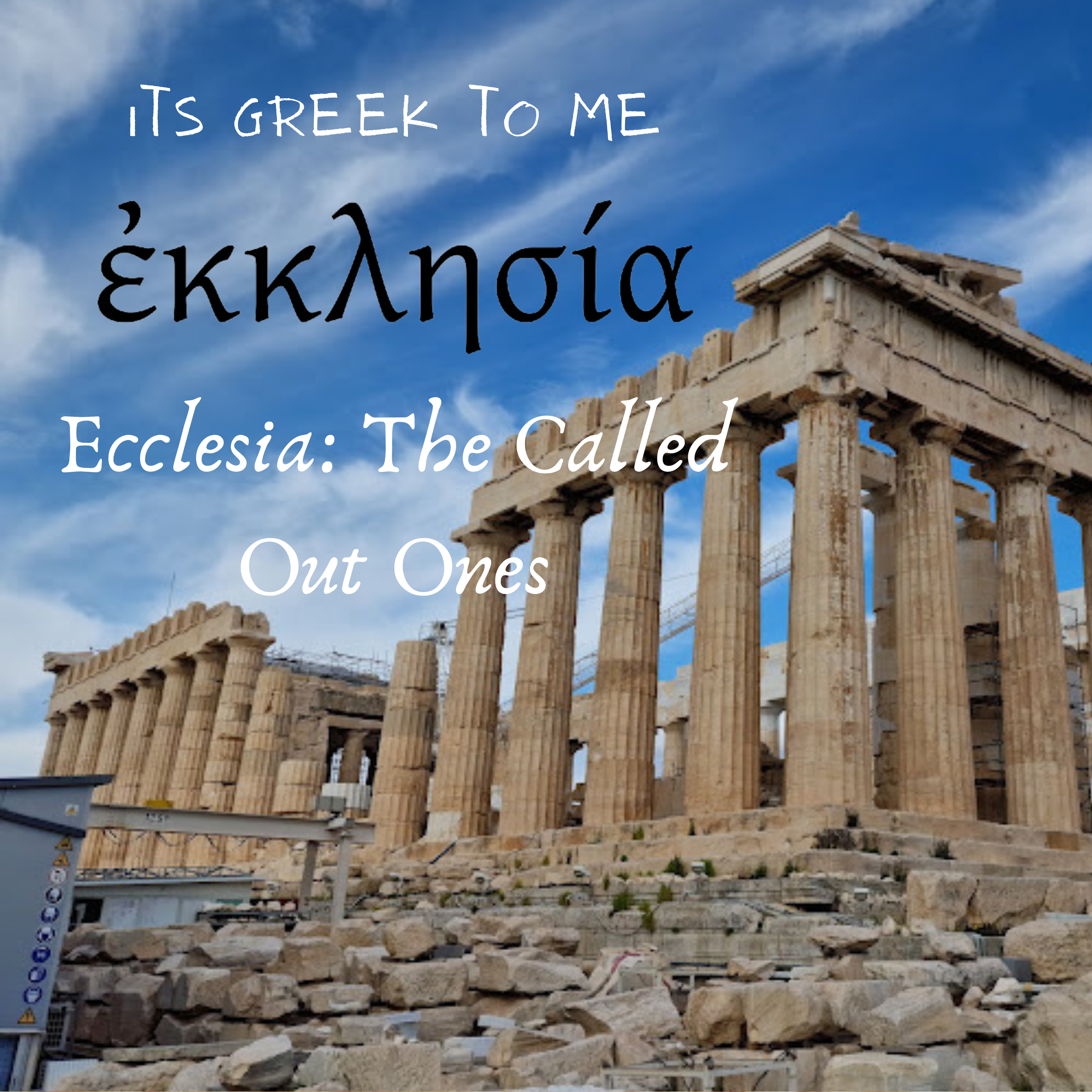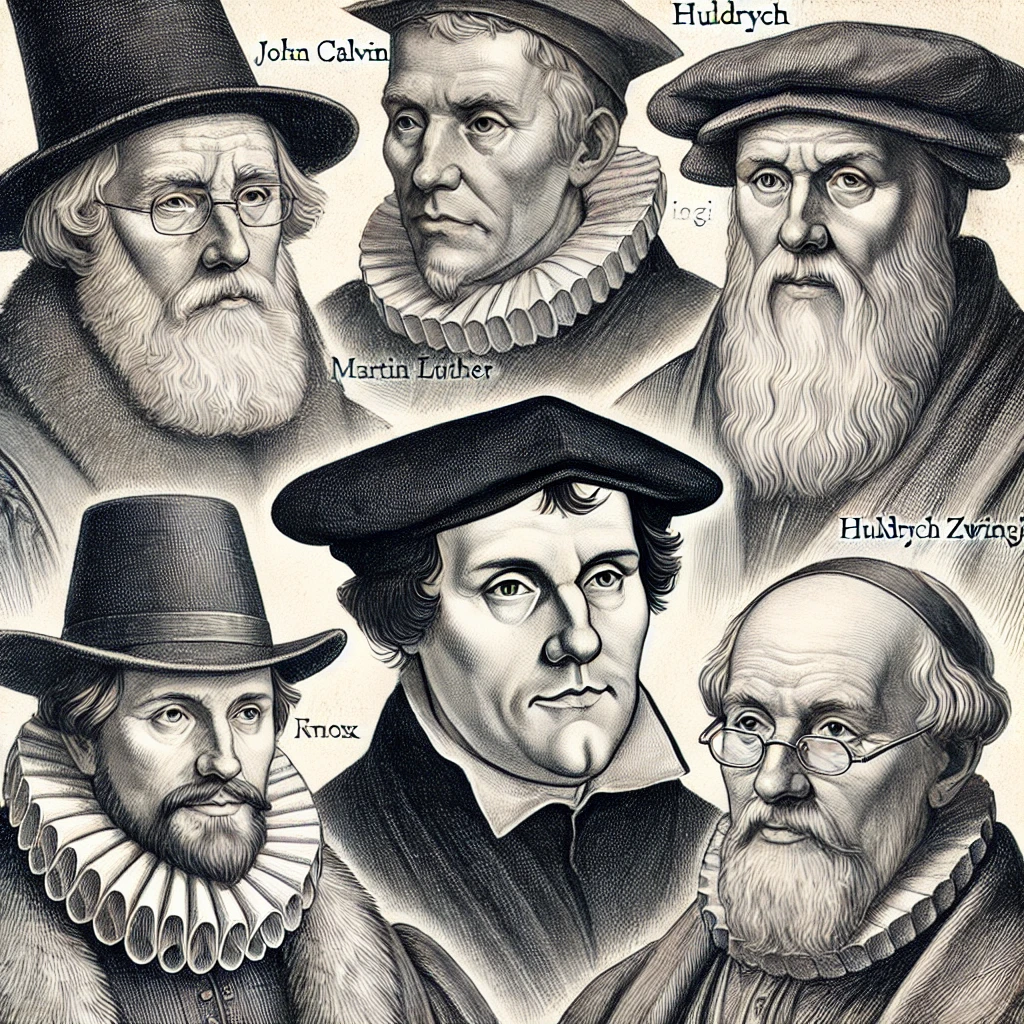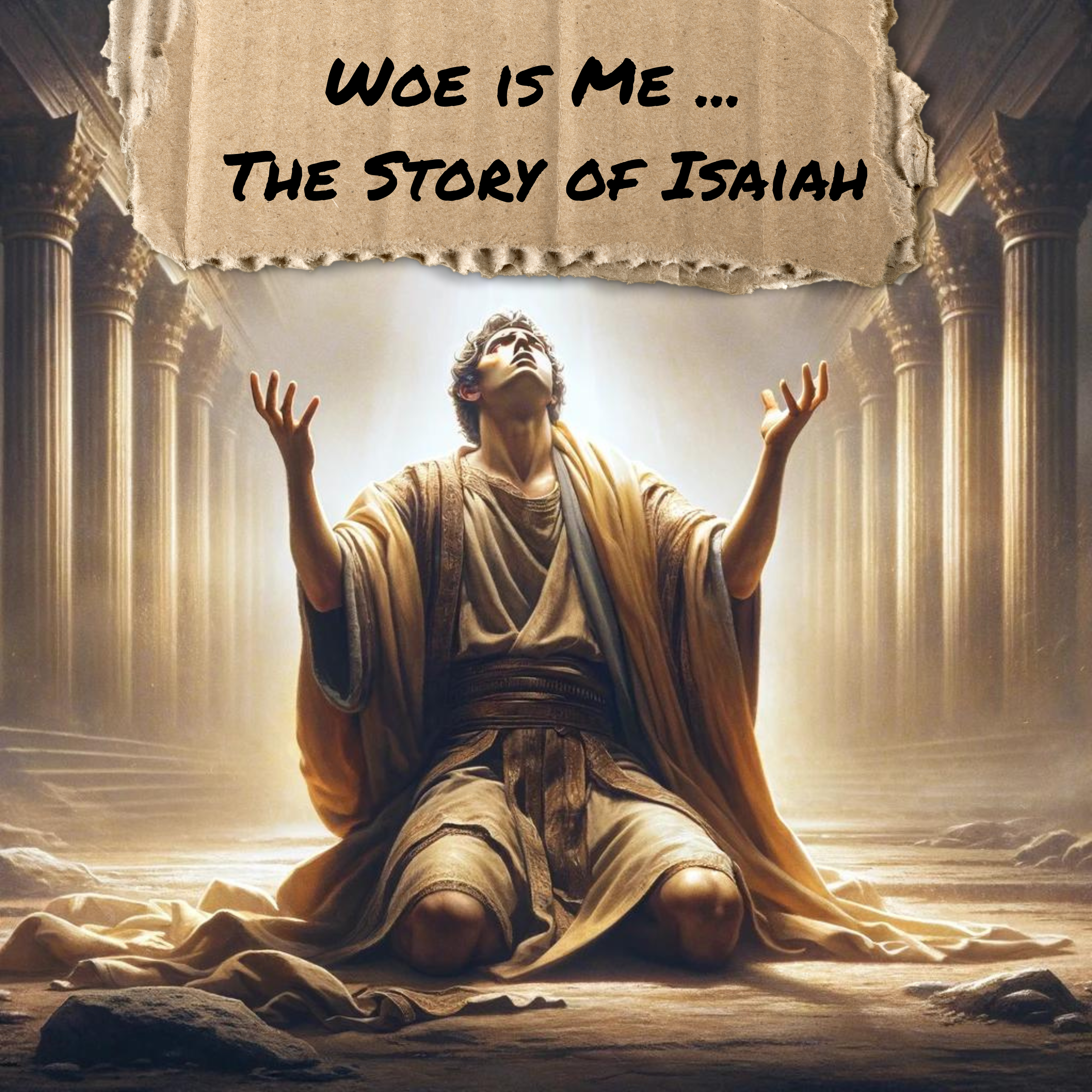
In the second installment of our series “It’s Greek To Me,” we explore the term ‘Ecclesia,’ a pivotal word in the New Testament and Christian theology. Often translated as ‘church’ in English, ‘Ecclesia’ carries a profound significance that extends beyond physical buildings or institutions, delving into the very essence of Christian community and identity.
Origins and Meaning
‘Ecclesia’ originates from the Greek word ‘ἐκκλησία’ (pronounced ek-klay-SEE-ah), which is derived from two words: ‘ek,’ meaning ‘out of,’ and ‘kaleo,’ meaning ‘to call.’ Thus, at its core, Ecclesia means ‘those who are called out.’ In ancient Greek culture, Ecclesia referred to an assembly of citizens called out to discuss the affairs of the state.
Ecclesia in the New Testament
In the New Testament, the term is used to describe the body of Christian believers. It is employed by the apostles to denote a group of believers in a particular location or the global community of Christians as a whole. The concept of Ecclesia as the ‘called-out ones’ implies that Christians are called out of their previous worldly lives to form a new, distinct community under the lordship of Jesus Christ.
Theological Implications
The use of Ecclesia in the New Testament revolutionizes the understanding of religious gathering and identity. It signifies not just a gathering of individuals for worship but a community that has been summoned by God for a specific purpose. This calling is evident in 1 Peter 2:9, which states, “But you are a chosen people, a royal priesthood, a holy nation, God’s special possession, that you may declare the praises of him who called you out of darkness into his wonderful light.”
Ecclesia vs. Church
While ‘Ecclesia’ is often translated as ‘church,’ the two words convey different connotations. The English word ‘church’ can imply a physical building or a religious institution. In contrast, Ecclesia emphasizes the dynamic and relational aspects of the Christian community. It’s about people called to live in fellowship, guided by the teachings of Jesus, and committed to enacting God’s will on Earth.
Ecclesia and the Kingdom of God
Ecclesia is intrinsically linked to the concept of the Kingdom of God. It represents a group of believers who live in anticipation of and participate in the Kingdom that Jesus preached. As mentioned in Matthew 16:18, Jesus says, “And I tell you that you are Peter, and on this rock I will build my church (Ecclesia), and the gates of Hades will not overcome it.” This statement underscores the idea that Ecclesia is central to the unfolding of God’s redemptive plan.
Ecclesia Today
In contemporary Christianity, understanding the term Ecclesia is crucial for grasping the nature of the Christian calling. It is a reminder that being part of a church means more than attending services; it’s about being part of a divinely called community that exists to manifest the values and teachings of Jesus Christ in the world.
Conclusion
Ecclesia, therefore, is a term that captures the essence of Christian communal identity. It speaks of a people called out from their former ways to embody a new way of life based on the teachings of Jesus. This understanding challenges Christians to view their role not just as members of an institution but as active participants in a divinely summoned community, living out the principles of the Kingdom of God.






